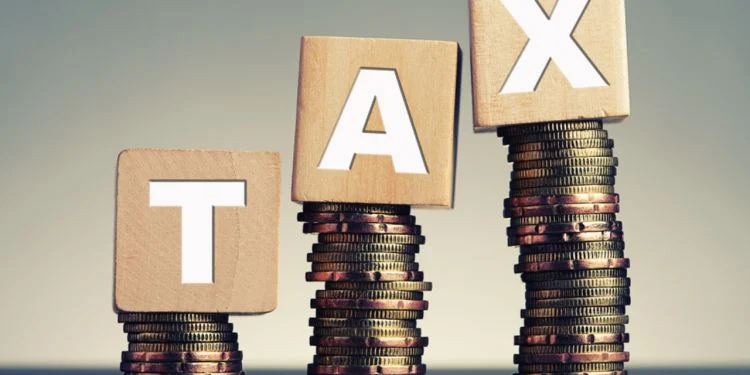Prime Minister Kiril Petkov said in Brussels that he was “very happy” that the agreement reached yesterday with European partners had been confirmed and that Bulgaria would have a postponement of the purchase of Russian oil. A separate paragraph will be written for our country in the final communiqué after the European Council meeting, in which an exception will be noted “especially for us until the end of 2024.” His comment came after an agreement reached by the leaders of the European Union to impose a ban on imports of Russian oil.
According to the prime minister, this decision “positions Bulgaria very well”, allowing the oil refinery in Burgas, which is owned by the Russian company Lukoil, to be renovated so that it can work with something different from Russian oil. “Bulgaria remains the only country that has a port, but there is a real derogation, and this is due to the understanding that our refinery is designed to work with Russian oil,” Petkov said.
He also said he was pleased that the sixth package of EU sanctions against Russia would pass. According to him, this will interrupt many of the financial flows to Russia. European Union leaders have reached political agreement on a new package of sanctions, which includes an embargo on imports of 90% of Russian oil and petroleum products by the end of the year.
Almost a month after the European Commission proposed a ban on Russian oil imports, member states reached a compromise after Hungary lifted its veto on a measure to cut off supplies from the Druzhba pipeline. Thus, the restrictions will cover imports of Russian oil arriving by tanker, leaving intact the quantities delivered to Hungary, Slovakia and the Czech Republic through the communist-built pipeline from Russia to Eastern Europe called Druzhba. Germany and Poland, which receive quantities on the northern branch of Druzhba, will voluntarily suspend imports by the end of the year, European Commission President Ursula von der Leyen said after the European Council meeting, which ended at about two o’clock Bulgarian time.
As for the gas suspended by Russia from the Netherlands due to non-payment for supplies in rubles, Kiril Petkov said that today Gazprom is expected to stop gas to Denmark as well, as this was proof that Russia’s attitude towards Bulgaria is not special and all European countries that refuse to pay in rubles face the same actions on the part of the Kremlin.
For Kornelia Ninova, the postponement is “an indisputable success for Bulgaria“
Later, Deputy Prime Minister and Minister of Economy and Industry Kornelia Ninova commented that the postponement of the oil embargo against Russia in Brussels until the end of 2024 is “an indisputable success for Bulgaria.” According to her, reason prevailed over extreme political speech. “Bulgaria’s national interest is protected. Bulgarian industry and households will feel the effect of this good price decision,” Ninova added.
Bulgaria could be part of the solution to the global food crisis
Asked about the risk of a global food crisis due to the war in Ukraine, Petkov said Bulgaria is a major exporter of grain and could be part of the solution. “As a country, we are an exporter of this very valuable commodity and we will not have a food crisis,” he said. The Prime Minister pointed out that various options are being considered at European level, such as “blue corridors“, and the port of Varna could also be one of the solutions. In this context, Petkov pointed out that Bulgaria is beginning to occupy key positions and to be perceived as a leading country and part of the solution to the problem of grain exports from Ukraine.

